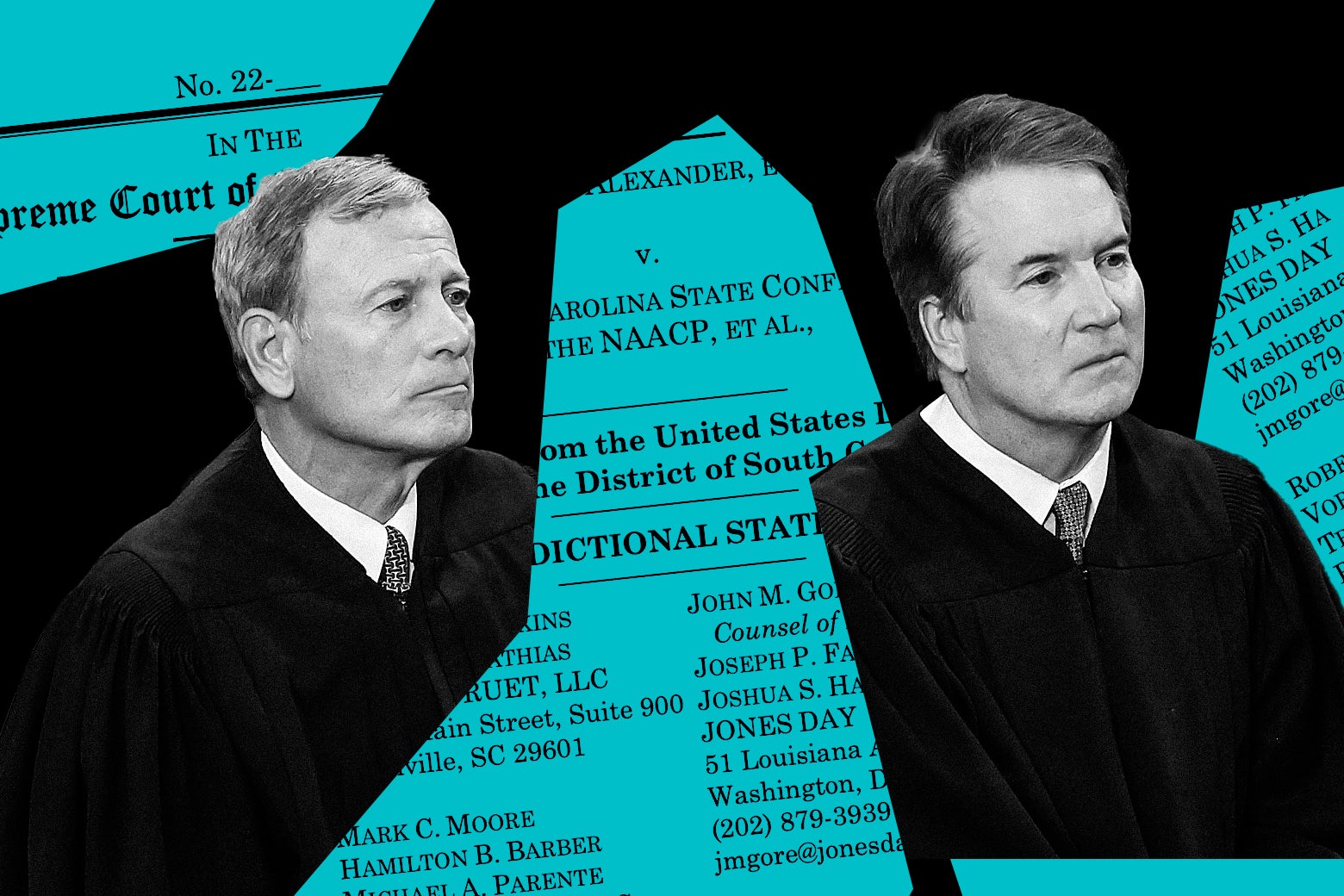A new study published on Thursday and led by my colleague Chelsey Davidson found that since the 2012–13 term, more than 80 percent of election-related cases on the Supreme Court’s hand-picked docket could move the law only in a direction that degraded fair elections.
In that time, the Supreme Court accepted 32 cases involving core democracy issues such as redistricting, ballot access, campaign finance, and VRA enforcement. In 26 of them, the lower court had issued a pro-democracy ruling. This means that the best-case scenario at the court was affirmation of the status quo, while a reversal of the lower court would restrict voter participation. By contrast, the justices picked just six cases where they might reverse anti-democracy rulings.



Seems silly to characterize one of the key functions of the court (deciding what case to take) as rigging. I’m not saying that I don’t find this court a reactionary shit pile, just that they’re acting exactly as you’d expect them to
If they do it in bad faith to achieve a certain political outcome, I don’t see why it would be unreasonable to call it rigging.